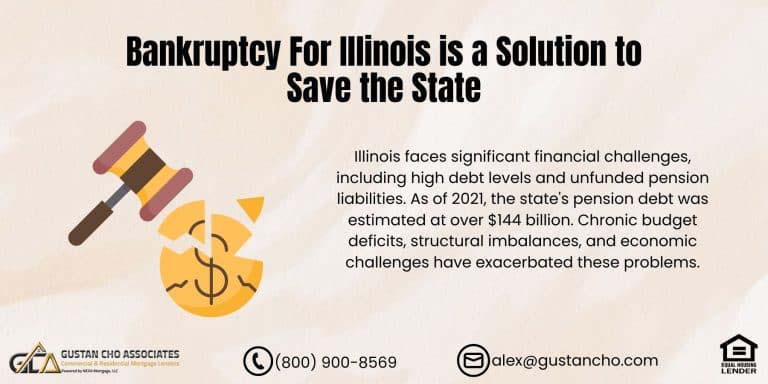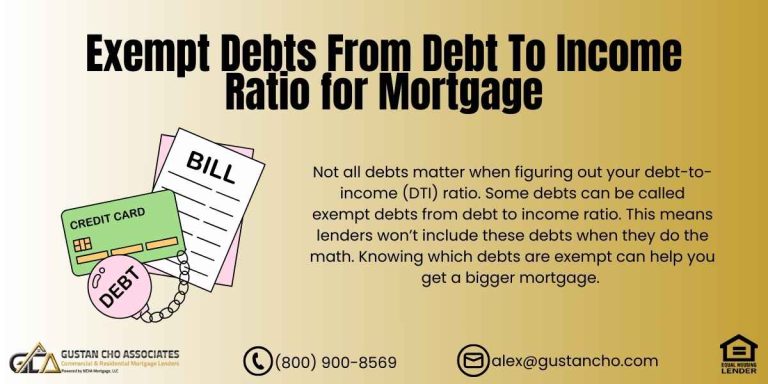This guide covers removing judgments off credit report to qualify for and get approved for a mortgage. Borrowers can qualify and get approved for a mortgage with judgments, and tax Liens are the worst derogatory items consumers can have on credit reports.
Lenders will not just go off consumer credit reports but will also do a national third party public records search on borrowers
Any public records that are not listed on the consumer credit report will be discovered by lenders when they do public records searches via Lexis Nexis, Data Verify, or other third-party public records search companies. This article will discuss removing judgments from a credit report to qualify for a mortgage.
Qualifying for a Mortgage Without Removing Judgment Off Credit Report
Qualifying for a mortgage with a judgment on your credit report can be more challenging, but it’s not impossible. A judgment is a court-ordered debt resulting from a lawsuit against you, which can hurt your creditworthiness.
Key points to consider when trying to qualify for a mortgage with a judgment is your credit score is an important factor in mortgage qualification.
A judgment can significantly lower your credit score. While specific credit score requirements vary among lenders, the higher your score, the better your chances of qualifying for a mortgage. Lenders also consider your debt-to-income ratio, the percentage of your monthly income for paying debts. Having a judgment on your credit report may affect your DTI, making it harder to qualify for a mortgage, as lenders typically prefer a lower DTI.
Time Since the Judgment
Some lenders may be more willing to work with applicants if the judgment is older and has been paid off or satisfied. The impact of a judgment on your credit report tends to decrease over time.
Satisfying the Judgment
Paying off the judgment or settling it with the creditor may improve your chances of mortgage approval. Some lenders may require you to do this before considering your application. Mortgage lenders typically review your credit history and score as part of their approval process, and judgments can lower your credit score and raise concerns about your ability to manage debt.
Alternative Lenders
If traditional lenders are reluctant to approve your mortgage application due to a judgment, you may want to explore alternative lenders or non-QM (non-qualified mortgage) lenders. These lenders may have more flexible lending criteria, but they often charge higher interest rates.
Explain Your Situation
Be prepared to explain the circumstances surrounding the judgment to the lender. Sometimes, providing a detailed explanation, along with documentation, can help lenders better understand your situation.
Work on Your Credit
Improve your credit score by paying bills on time, reducing other outstanding debts, and monitoring your credit report for errors or inaccuracies. It’s important to note that each lender has its underwriting guidelines and policies, so you may find variations in how different lenders assess mortgage applications with judgments.
It’s advisable to shop around and consult with multiple lenders to find one willing to work with your specific financial situation.
Additionally, working on improving your credit and addressing the judgment can improve your chances of qualifying for a mortgage in the future. Creditors take the consumer to court. The courts rule in favor of the collection agency or creditor.
Removing Judgments Off Credit Report: What Are Judgments?
Judgments are worse than bankruptcies, foreclosures, deeds-in-lieu of foreclosures, late payments, charge-offs, collection accounts, and short sales on one’s credit report. A judgment is when a collection agency or creditor sues a consumer for an unpaid debt.
The courts do not enforce the judgment the judge has issued. It is up to the creditors or collection agency to pursue collection proceedings by enforcing the judgment.
Judgments can be enforced when a judgment creditor pursues wage garnishment, bank levy, or placing liens on the judgment debtor’s property or assets.. This process is totally different than the original lawsuit. They sued the consumer to win the judgment. There are separate proceedings in enforcing a judgment and trying to collect from a judgment debtor. Judgments are public records. They report on all three credit reporting agencies.
How To Vacate Judgments
The only way to vacate or dismiss a judgment is by taking the following actions: Paying off the judgment, settling with the judgment creditor for less than what is owed, ontesting the judgment and trying to get it vacated by arguing that the judgment creditor did not serve the judgment debtor the right way. Trying to vacate a judgment is rather difficult. Judgments have a time limit depending on the county and state in which the judgment has been issued.
Can I Try Removing Judgments Off Credit Report And Qualifying For a Home Loan?
Many home buyers and homeowners who need to refinance their mortgage loans try removing judgments off credit reports and qualifying for a home loan. Credit repair does work. I have seen some credit repair companies remove not just late payments, charge-offs, and collection accounts but also judgments, bankruptcies, and foreclosures from consumer’s credit reports.
Deleting older derogatory credit items is done all the time with credit repair. Deleting older negative credit items does improve consumer’s credit scores
However, removing judgments off credit report and other public records can become an issue when qualifying for a home loan and can backfire on borrowers. Removing judgment off credit report is done all the time. However, lenders will initially qualify and pre-approve a mortgage loan applicant by just reviewing the borrower’s credit scores and credit report.
Judgments Not Reporting on Credit Reports
Since the judgment has been deleted by credit repair, the lender assumes there are no judgments. Removing judgments off credit report does not mean that the credit repair company has deleted the judgment off public records. The judgment is just been removed from the credit report.
The fact of the matter remains that the public records are not expunged. Lenders use third party date verify services to run a nationwide public records check.
All public records a consumer has will show up if there is a record of it on public records. Consumers who had bankruptcies, foreclosures, and judgments removed from their credit reports will be affected when applying for a mortgage loan since they cannot hide public records.









